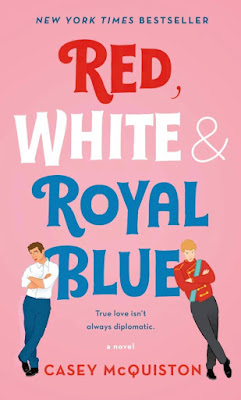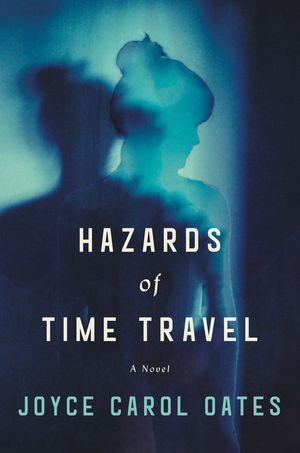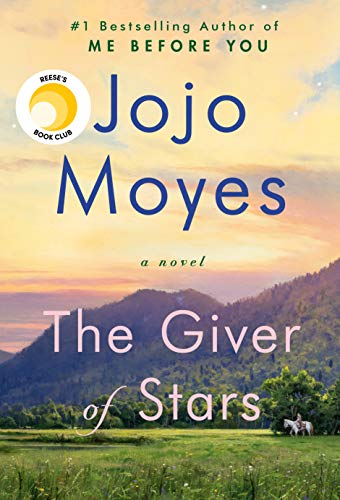This is the third book by Makkai I've blogged about. The first (The Borrower) was the most librarian-centric, but also the most librarian-disparaging. While the present work, and The Hundred-Year House each only mention libraries a few times they are as places where research and scholarship is done.
The storyline in The Great Believers alternates between two time periods the mid 1980s to early 1990s (during the AIDS crisis) and the year 2015. It follows the story of Fiona (whose brother Nico died of AIDS). It also tells of Nico's friends, all of whom were touched by the pandemic. One of the characters we learn the most about is Yale, whose job as a schmoozer at Northwestern University takes him to Door County, Wisconsin to meet with Mrs. Nora Lerner the widow of a Northwestern alum (and great-aunt to Nora and Nico). Nora Lerner wants to donate some original art pieces to the University gallery. Yale spends quite bit of time with her finding out about the works, which she obtained directly from the artists in Paris in the early twentieth century. As she describes what life was like in 1919 Paris Yale begins to empathize with her as she tells of all her friends dying either in the war, or from the Spanish flu and he recognizes how this parallels his own life.
Yale and his intern (Roman) use the Door County public library to make photocopies of some of Mrs. Lerner's documents. Most of the artists are well known in the art community except for one, Ranko Novak. Lerner stipulates that all the artwork must be displayed, or none of it can. In doing research about the artists Roman discovers a library book containing a "literal footnote" about Novak.
This was published in 2018, before our current pandemic. It almost seemed surreal to read it in 2020.




























